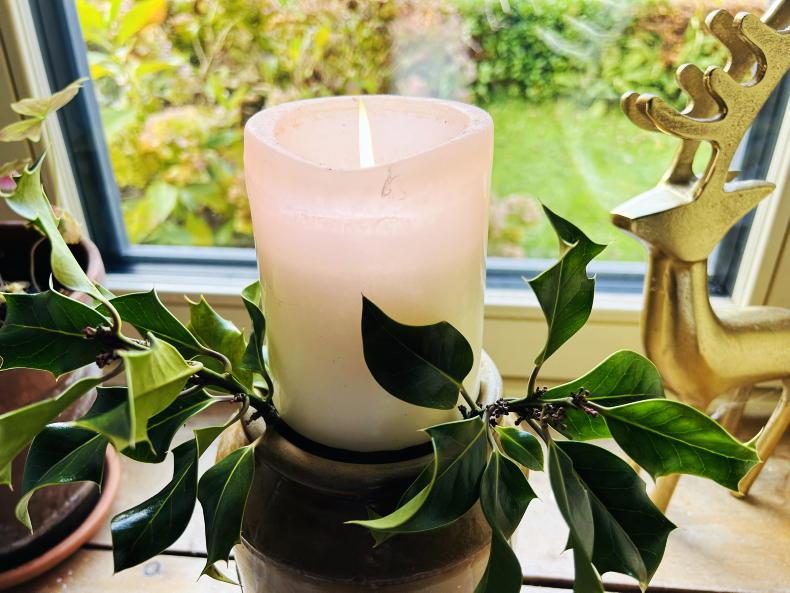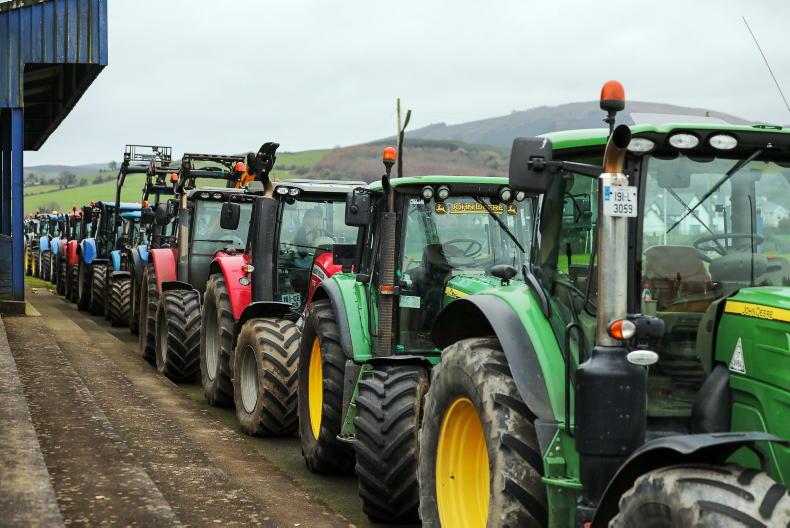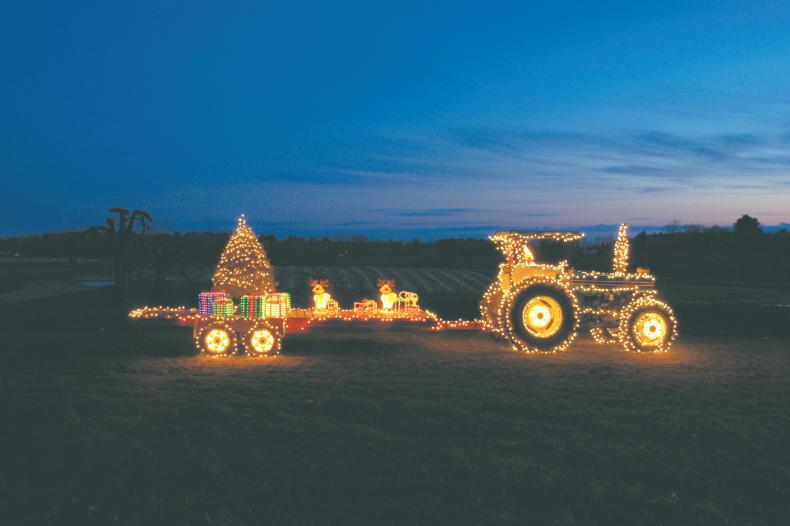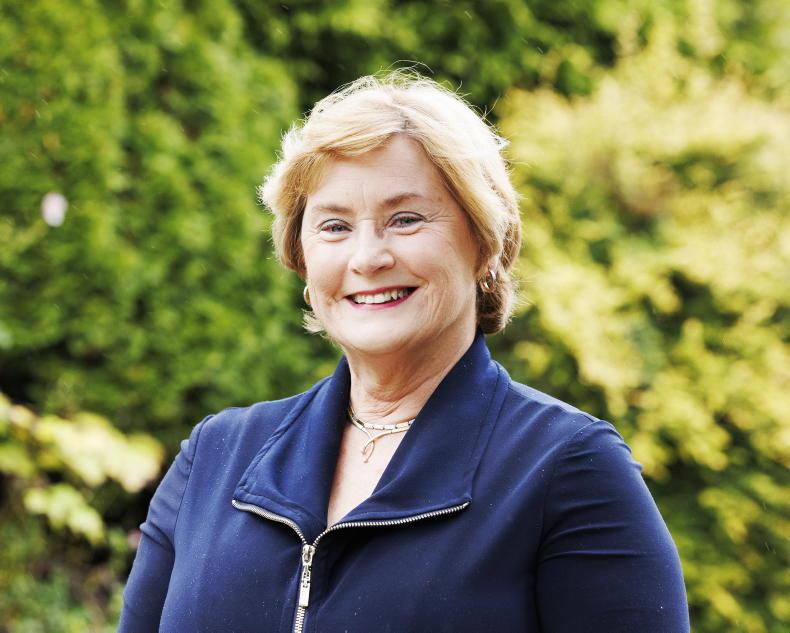In times gone by, it was on 8 December that Christmas really began. This was the day of the Margadh Mór, the Big Market, the best market of the year, which took place on the Feast of the Immaculate Conception in every village or town. It was known as the ‘Live Market’ because the turkeys, geese, ducks and hens destined for the table were still alive when brought to it.
The pullets, goslings and small fowl had been faithfully fattened over the preceding months and this was the opportunity to exchange them, along with other farm produce such as eggs and butter, for money. In turn this hard-earned money was as quickly spent for the essentials of the Christmas, not least in the small grocer’s shop where the end of year’s accumulated bill had to be settled.
The shopkeeper would ‘draw the line’ in the large ledger book on the counter and with accounts balanced, the luxuries of Christmas could be bought. In addition to their own purchases, the custom was for the grocer to give his valued customers a ‘Christmas Box’ which might consist of a slab of ‘curney’ fruit cake, a half-pound of tea, a bottle of port wine or whiskey and the all-important, large, Christmas candle
This Coinneal Mór na Nollag made of tallow was large, some six pounds in weight and was the centrepiece of the 12 days of Christmas. It was placed in the middle of the kitchen table and was lit by the youngest in the house on Christmas Eve at around six o’clock. The candle stayed burning, both day and night, for the full 12 days from Christmas Eve to Epiphany. Corresponding to the 12 months of the year, its burning was used to foretell the future.
Poitín was synonymous with Christmas and was a near indispensable commodity for puddings and Christmas cakes. Regardless of its often-dubious quality and its illegal status, the surreptitious acquisition of a bottle of ‘mountain dew’ was a special event and held great value.
A favourite way of secretly distributing the poitín was to conceal a bottle in the cavity of the turkey or goose destined for a family member. My old neighbours were delighted to get a fine big plump turkey from their country cousins, but they forgot to look inside its opening.
The turkey was basted, put into the gas oven at gas mark 8, only to have the bottle of poitín explode in the heat, destroying the oven and the Christmas dinner.
Poitín
My good friend and former bus-driver, Pat Creedon, a native of Inchigeelagh, always searched me out the week or two before Christmas. There would be a smattering of small talk as Pat kept glancing around in every direction. Then, in a lightning flash, out from under his jacket, he would thrust the bottle into my hand: a wry smile, a wink of the eye. “Happy Christmas,” he’d say. “Drink a toast for health and happiness on Christmas Day.”
The bottle was wound about with a few pages of the Cork Examiner and when unravelled, revealed a reused whiskey bottle full of poitín from Gortnarea, on the back lake road. Shake the bottle and if the bubbles are small and fast it is good: big and slow meant it was only good for rubbing in to rheumatic joints and aspiring greyhounds.
At Christmas time and over the cold, dark winter months, the poitín would be enjoyed as a hot punch, sweetened with honey or sugar and spiced with a few cloves.
On Christmas Day, I plan to search out the last bottle of poitín from the bottom of the dresser. It is the last of the Mohicans, a sacred link to the past. I will make my glass of punch and think of my old friend, Pat Creedon. I will think of all my loved ones who have departed and equally all those around me.
I will pause and remember and take stock of the past as well as the present, and raise a toast in their honour, as my own father used to do when we were young. I will toast both the living and the dead in his time-honoured, traditional Christmas toast: Go mbeirimid beo ar an am seo arís – that we may be all alive this time again next year.
Shane Lehane is a folklorist who works in UCC and Cork College of FET, Tramore Road Campus. Contact: slehane@ucc.ie









SHARING OPTIONS